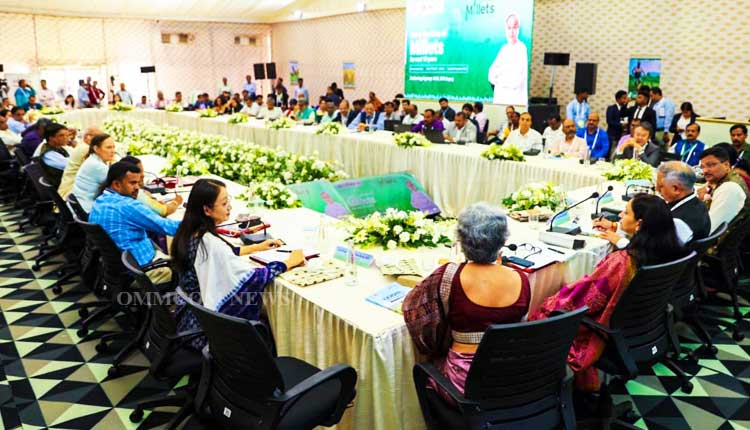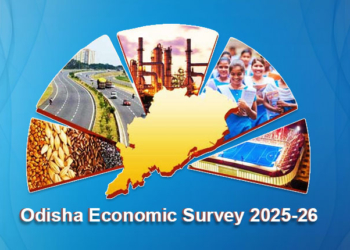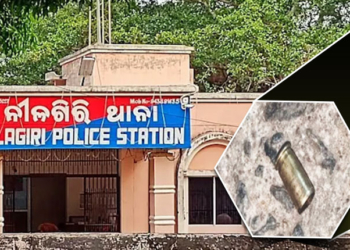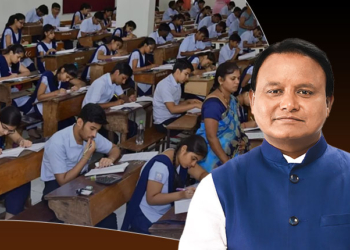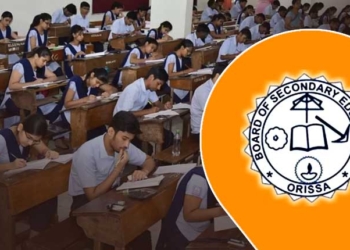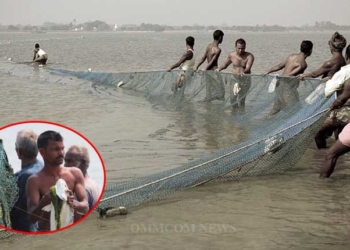Bhubaneswar: A brainstorming roundtable was organised as a part of the International Convention on Millets by the Department of Agriculture and Farmers’ Empowerment, Government of Odisha, at Janata Maidan in Bhubaneswar.
The round table helmed by Indian Institute of Millet Research (IIMR) and NITI Aayog jointly stressed upon identifying implementation gaps and challenges in millet promotion. The convention marked the celebration of International Year of Millets 2023.
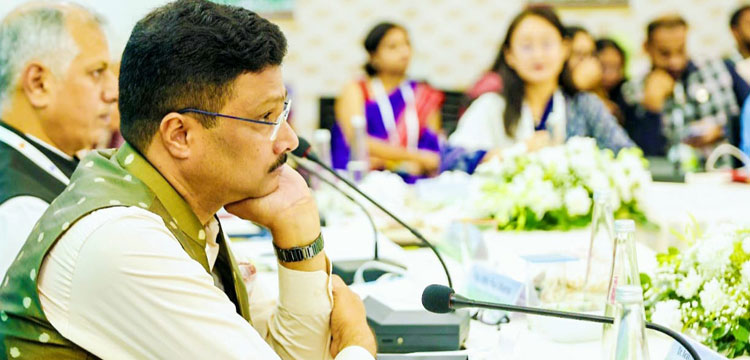
The roundtable had distinguished experts and leaders from FPOs and NGOs as its participants.
Prof. Vijay Paul Sharma, Chairman CACP, GoI chaired the session while Shubha Thakur, Joint Secretary, GoI, co-chaired it. Dr C Tara Satyavathi, Director, ICAR-IIMR, Takayuki Hagiwara, Representative FAO, Dr Soumya Swaminathan, Chairman, MSSRF and Dr Himanshu Pathak, Secretary-DARE and DG-ICAR graced the event. It was moderated by Dr Arabinda Kumar Padhee, Principal Secretary, Department of Agriculture & Farmers’ Empowerment, and Government of Odisha. The session started with welcome address by Prem Chandra Chaudhary, DA&FP (O).
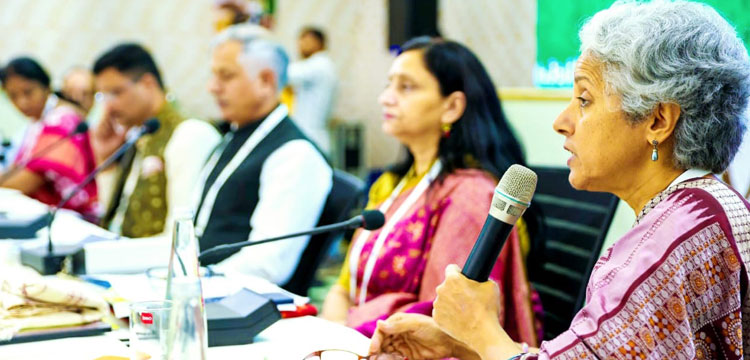
The main objective of the roundtable was to gather challenges from across agencies and stakeholders in millet promotions and identify implementation gaps.
During the session, the speakers discussed various aspects of millets and its ecosystem and gave their suggestions for a policy roadmap for the next 10 years in a global perspective.
The session began with a presentation by Dr Padhee where he explained the detailed journey of millets in India. He further narrated key challenges in millet promotion covering all stakeholders such as, farmers, farmer producer organisations, women self-help groups. Dr Padhee lauded all OMM policy milestones supporting farmers to the last miles.
He also thanked Govt. of India and institutions working on millets for support in deciding MSP and thus creating a robust PDS. Following this, the speakers provided their suggestions in preparing a policy roadmap in this regard.
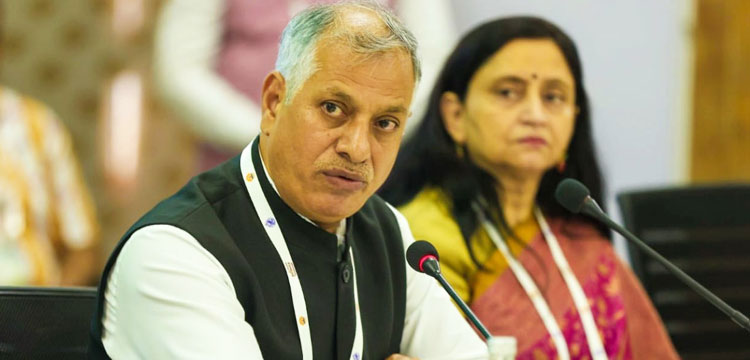
Following are some of the key suggestions received from the speakers: all states should support farmers through incentives and assured procurement with inclusion of millets in PDS, cultivation area of millets should be increased so that the required processing infrastructure can be created, farmers should be remunerated by private players/companies, focus should be more on research on agriculture, short-duration millets should be promoted as part of integrated farming, international farming schools should be established at block level, focus should be provided on increasing area yield production, innovative marketing strategies with involvement of celebrities to be ensured, inclusion of millet during first 1000 days of birth, special care to be taken for preparation of ultra-processed foods, more focus should be given on nutrition-rich food and promotion of organic millets.




